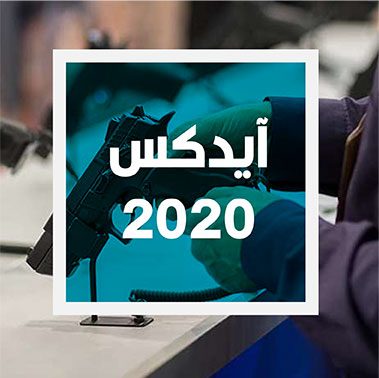Research centers have long circulated analyses of a clear dividing line of life, politics, and economy before and after “Covid-19.” Historically, major accidents have led to fundamental transformations in societies, economies and ways of living. For example, World War II enabled more women to join the workforce, and the 9/11 attacks changed security protocols around the world and ushered in a new era of intelligence gathering.
Today, the repercussions of the pandemic have caused transformations that could have long-term effects on the economy and politics. With millions of people staying indoors in early 2020 to contain the spread of the virus, digital channels have become the most popular alternative to crowded stores and in-person shopping.
In June 2020, global e-retail traffic hit a record 22 billion monthly visits, with exceptionally high demand for everyday items such as groceries and apparel, as well as retail technology items.
It is also likely to increase the amount of time that people in government and other sectors will work remotely, specifically in work that can be automated, or that is dealt with on electronic systems.
Among the shifts that must be heeded is the increasing focus of governments on crisis management, after most people’s lives have been disrupted due to the requirements of social distancing, and orders to stay at home; many have lost their loved ones, are unemployed, or are in difficult financial situations. This has led to the need for flexible and effective governments to face challenges and crises and mitigate their effects.
In order to achieve a full government response to the intertwined health, economic and social challenges posed by the epidemic, there is a need for common data platforms that enable governments to exchange information among themselves and identify the level of risks and anticipate them in advance.
Learning from the vulnerabilities discovered during the crisis, the world has to realize that ecosystem health equals human health, therefore, it has to focus on showing more interest in environment.
During the restructuring of their economies, governments will need to build a base for future competitiveness, and redouble efforts to develop human capital strategies to be in a position to achieve high growth rates and a system of professional job competencies, in addition to the importance of working together to solve problems and build economies that provide economic growth, universal prosperity and safety for all.
The change in the traditional way of working and the shift of management rules from experienced leaders and bosses to younger professionals who are more skilled in adapting to digital work, no doubt indicate that this is the age of youth.














